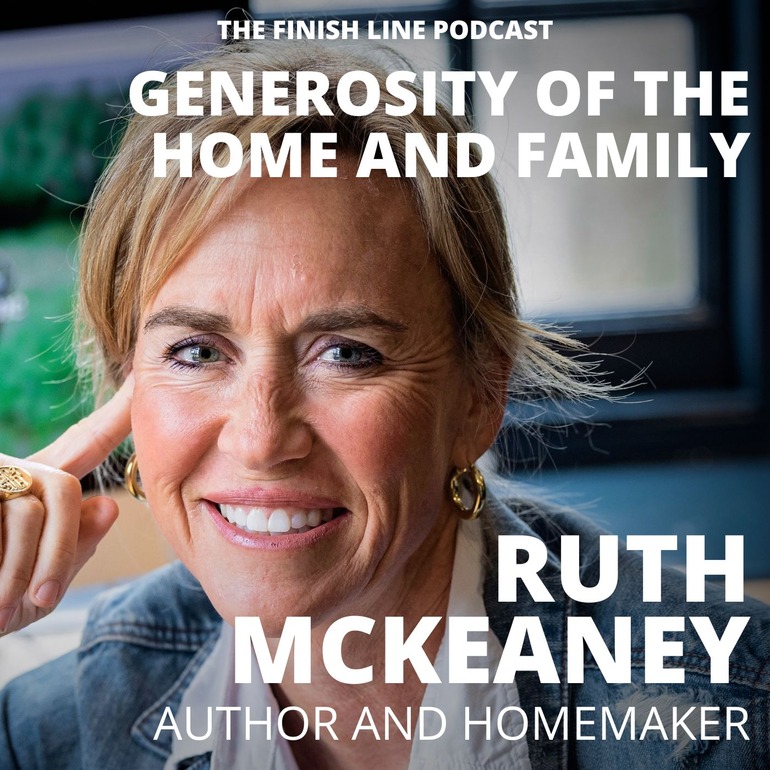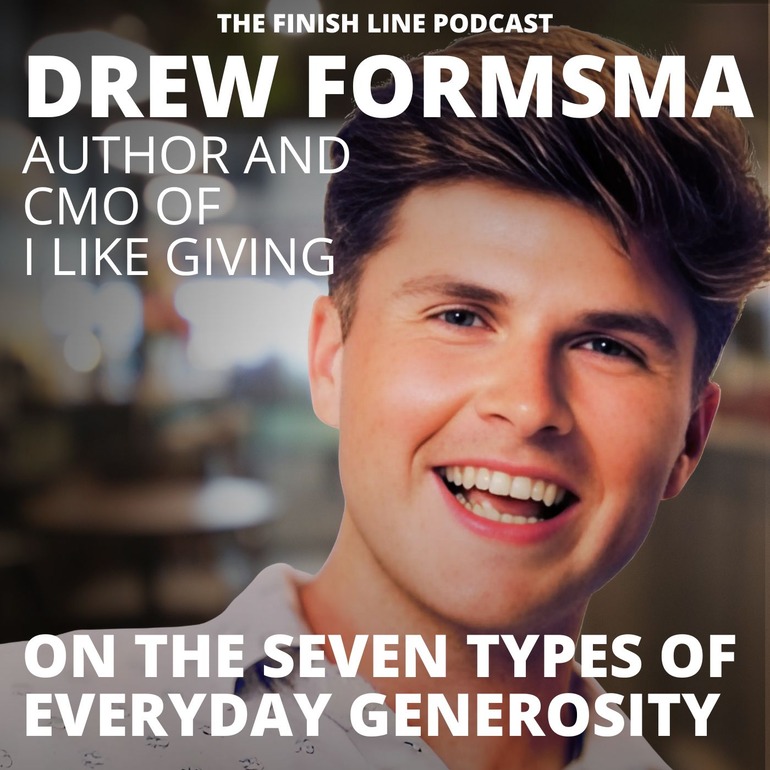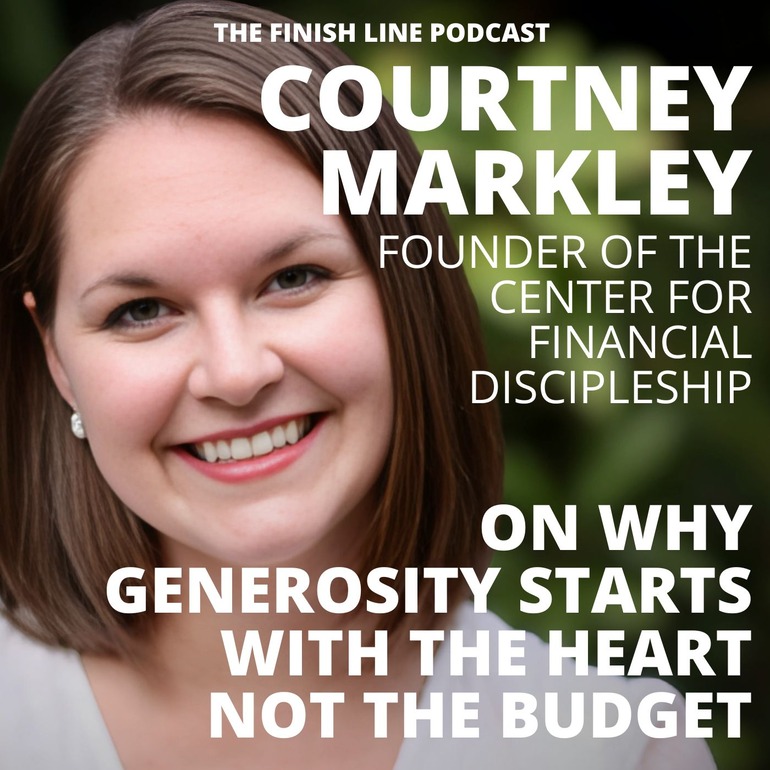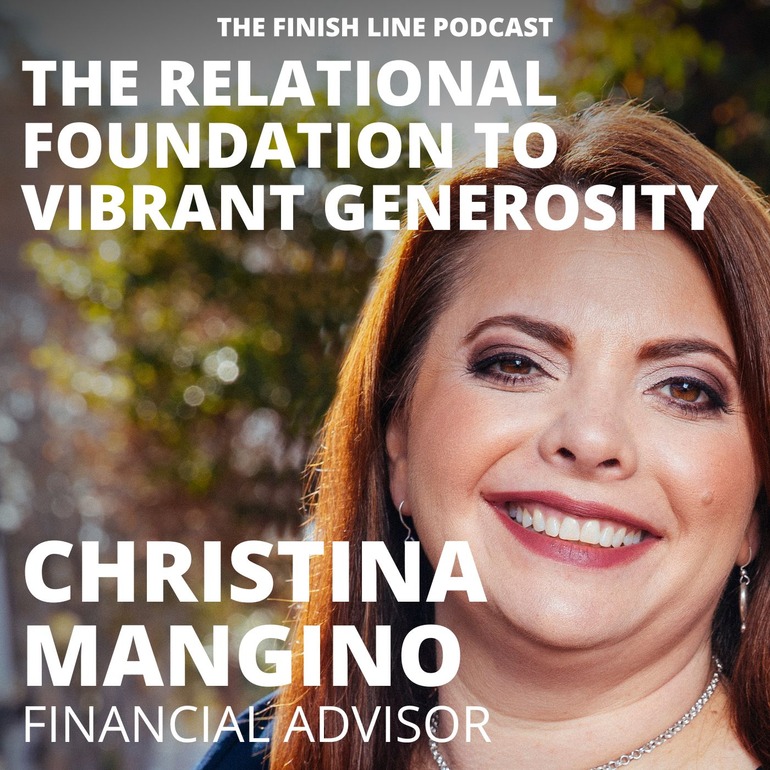Over the last few years, we have been struggling with the question, “What do we really need?”. The question requires a lot of wrestling. We live in a country overflowing with wealth, but that is not the case for most of the world. If you make a modest $32,400 per year, you are among the top 1% earners in the world. The fact is that much of the world lives in extreme poverty.
Yet when we look around us, few of us really feel like we are wealthy. Most of us are surrounded by others who live at a higher standard of living than we do (or at least appear to). We all know many people who make more than we do. And we certainly know others who have things that we don’t.
Because of all the wealth that surrounds us, we found it very difficult to choose over and over again to give to God’s kingdom or to those around us. How could we repeatedly sacrifice what we had when we already felt like we were behind. In the end, we came to realize that we couldn’t be trusted. Our hearts would always deceive us. Our hearts would never be in good enough shape to constantly choose God and others over ourselves. Thus began the search for some sort of a standard – an objective measure – that we could lock ourselves to. How could we ensure that our hearts wouldn’t slowly erode our will power like the walls of a sand castle?
An Objective Standard
After some initial searching online, we quickly came to realize that finding a standard was not necessarily going to be straightforward. Questions started to pile up. Should we measure the standard by income or by expenses? Is average income or median income more representative of the population? How do we account for variation by location? Should we measure pretax or post-tax income? How does family size factor in?
We went through a variety of models, trying to find an objective standard. In the process, we found that there were a number of helpful online calculators out there which could get us part of the way. However, there was always some assumption or factor that didn’t quite apply to what we were doing.
Eventually we came to the process that we use here at Aspiring to the Median. The numbers are a bit more complicated to get to by hand, but fortunately we’ve built a calculator of our own to do the work for you! You can find the full methodology (which we had also been doing previously by hand!) here.
If this concept is at all interesting to you, then there are a couple steps to consider in moving forward:
Step 1: Figure Out Where You Stand
Step 2: Pray and Discuss
Step 3: Make a Decision
Step 4: Structure Your Accounts
Step 5: Be a Part of God’s Work
Step 6: Revisit Your Commitments Regularly
Step 1: Figure Out Where You Stand
In order to figure out where to set our limit, the first step was to see where we stood in the first place. We had already been budgeting for some time, so it was not hard to see what we spent in an average month. If you are new to budgeting, you can use Mint.com or another budget tracker to track your spending automatically and create a budget from there. Of course you can also keep track the old fashioned way if you prefer!
To use Mint, sign up for an account and connect your major financial accounts such as credit cards, bank accounts, loans, and investment accounts. Mint will pull in all your transactions and show you your monthly spending. It is important to mention that while Mint is quite good at sorting and categorizing all your transactions, you may have to correct it here and there until it learns your typical financial habits.
We have been using Mint for years and rarely have to do much correcting or tweaking at this point. We have also never had any issues with security, another important consideration in any online financial tool.
Step 2: Pray and Discuss
It’s important to note that as we began this process, my wife and I made all of these decisions together. These kind of financial decisions have to do with the big life questions. Whether you are making all your own decisions or are married and choosing your path together, consider how you would answer some of these questions:
- What is my number one goal in life? Why am I here?
- Considering that all my wealth belongs to God, how well have I been managing it so far?
- What do I picture our financial life looking like in 5 years? 10 years? How would that be different if I set a limit to the amount that I spend on my own needs and goals?
- What sort of people, purposes, and organizations do I give to already?
- What sort of people, purposes, and organizations do I wish I could give more to, but don’t have the ability right now?
- How could I bless the people around me if I had the extra money to do it?
- What percentile are my current spending habits closest to? (see our calculator to find out)
- What percentile would be a comfortable limit?
- What percentile would be a stretch?
- Where would I like to get to one day?
- Am I planning on getting married at some point? Having kids? How would that affect my spending at different percentiles?
As you consider some of these questions, take some dedicated time for prayer. Ask God how you can experience more of him. Ask him to guide your heart as you work on figuring out some of these answers. You can also find some of our thoughts on specific situations in the articles below:
Step 3: Make a Decision
Alright, you’ve done the work up to this point. You know what your finances look like currently. You’ve considered some of the big questions about your future, your purpose, and your ability to bless others. It’s time to make a decision. But first, let’s look at Paul’s letter to the Corinthians in which he talked about sharing wealth among the early Church.
The point is this: whoever sows sparingly will also reap sparingly, and whoever sows bountifully will also reap bountifully. Each one must give as he has decided in his heart, not reluctantly or under compulsion, for God loves a cheerful giver. And God is able to make all grace abound to you, so that having all sufficiency in all things at all times, you may abound in every good work. As it is written,
“He has distributed freely, he has given to the poor; his righteousness endures forever.”
He who supplies seed to the sower and bread for food will supply and multiply your seed for sowing and increase the harvest of your righteousness. You will be enriched in every way to be generous in every way, which through us will produce thanksgiving to God. For the ministry of this service is not only supplying the needs of the saints but is also overflowing in many thanksgivings to God. By their approval of this service, they will glorify God because of your submission that comes from your confession of the gospel of Christ, and the generosity of your contribution for them and for all others, while they long for you and pray for you, because of the surpassing grace of God upon you. Thanks be to God for his inexpressible gift!
2 Corinthians 9:6-15
You’ll notice that there is no picture of solemn duty or expectation. Rather, Paul invites the church at Corinth to be a part of what God is doing, and in doing so, to experience his grace. Not only that, but God promises to support us as we step out in faith. He provides everything we need, to multiply our “seed for sowing” in order to increase our harvest. He is not talking about multiplying our wealth to make us more comfortable, but to expand our ability to love and serve those around us.
And it has absolutely been our experience that he follows through. The more we have stepped out in faith and limited what we keep for ourselves, the more God has blessed us with. He continually invites us to trust him and to be a part of what he is doing. If you’re at this point and are ready to dive in, check out our commitment page.
Maybe you’ve worked through the process to this point and decide you would rather not set a limit at any level. That’s okay! This is an open invitation, and it will always be open.
Step 4: Structure Your Accounts
You’ve figured out what your current situation is. You’ve prayed and discussed with your spouse or family. And you’ve finally settled on a percentile limit. Now it’s time to set up your financial structure to accommodate your new system.
The most important thing to remember is that all the money that comes through your hands is not your own. It is God’s, and he has trusted you with it. For that reason, it is important to create a clear separation between what is God’s and what is set aside for our own needs.
There may be a variety of ways to accomplish this separation in your own life. We just offer one way, the way that worked for us.
Create an Incoming Account: First, you’ll need to designate a single bank account as the “catch all” account. All forms of income should be directed to this account. If you have direct deposit set up at work, use this account. If you are self-employed, put any personal payments into this account. Any other forms of income should similarly be directed here.
Create a Spending Account: Next, create an account that will hold the funds to be used on yourself and your family. Each month, move the monthly budget determined by the percentile calculator from your incoming account to your spending account. This money is yours to do whatever you want with, and is intended to meet all of your regular personal or family needs. Once your system is under way, you may be able to set up an automatic transfer between your accounts to accomplish this.
Remember that the money in your incoming account is not yours. It is meant to give away. As long as your monthly budget is less than your income, you will notice over time that funds will begin to accumulate. Get a bonus from work? Big tax refund? These shouldn’t affect your spending or budget. They go into your incoming account and only your designated monthly budget is transferred out.
Step 5: Be a Part of God’s Work
Now that you’ve begun to build up some funds that aren’t meant for yourself, it’s time to start looking for opportunities to join in the work God is already doing all around you. What we found is that once we had several thousand dollars more than we needed sitting in that account, we began to see all sorts of opportunities that we had never thought of before. Here are some things you could try:
- Have a meal delivered for a family with a newborn
- Sponsor a native missionary abroad
- Hire a babysitter for a single mom for a night
- Help meet a tangible need like food or water for people in a developing country
- Cover the utility bill for someone who was recently laid off
- Support bible translation for languages that have not been translated
- Send your pastor on a much needed vacation
- Provide microloans to small business owners in developing countries
- Purchase supplies for or directly support a local homeless shelter
- Sponsor a child
Step 6: Revisit Your Commitments Regularly
On some sort of regular basis, re-evaluate your commitment. Has your family size changed? Are you able to decrease the amount you keep for yourself?
In addition, make sure to check the calculator from time to time when census income data is updated (usually in the fall) so that you can update your budget accordingly!
A Final Note
We realize that this is a big change for just about anybody. We developed this sort of lifestyle over several years. Don’t feel like you have to jump to the extreme from the gate. It is completely reasonable to take a small step – just draw a line anywhere! What we found in our own lives is that the more we stretched ourselves, the more God changed our hearts. Decisions that seemed crazy at first begin to feel normal.
At first, we thought that the whole point was being able to give more. But the farther we got, the more we realized that the giving was actually not nearly as important as the changes God was making in our hearts. As our hands were slowly lifted from the things we held so tightly to, we had much more room to join into His story. You can experience the same change in your life!








0 Comments